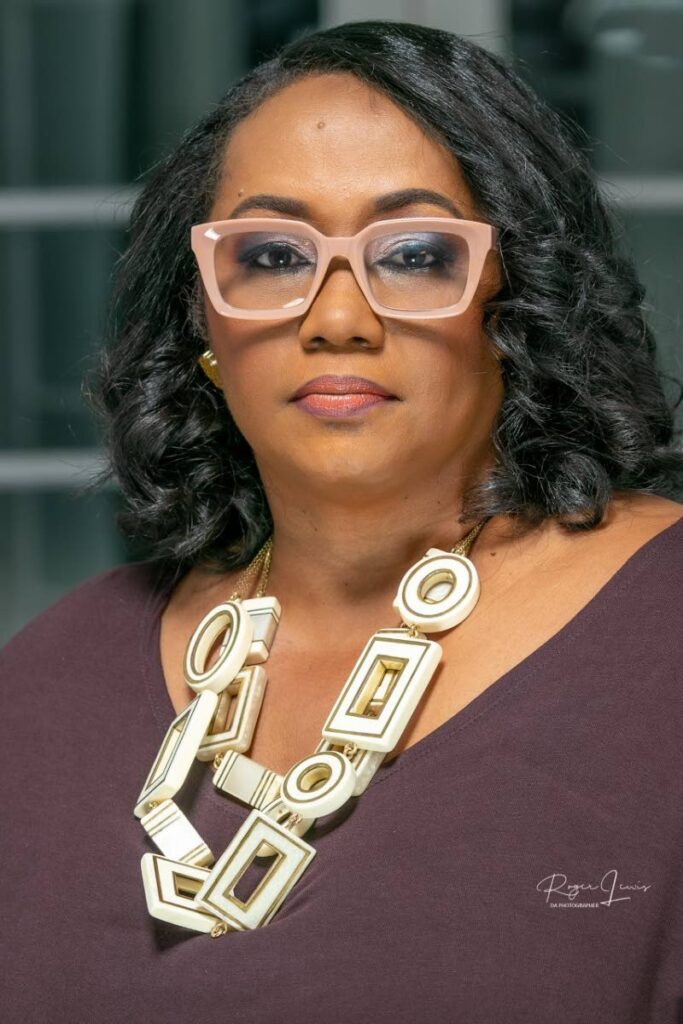Approaches to change in communications

LISA-ANN JOSEPH
Like every other aspect of business, communications is facing disruption caused by the continuing presence of covid19 over the last two years. As communicators, it is important that we understand these disruptions and their impact on how our profession is evolving and also how we contribute to our businesses.
Given all of the dramatic changes that have taken place, as a result, here are some approaches that should help us as we move forward.
Firstly, we need more proactive communications programmes. The businesses/organisations we represent have to change their operations to meet the new demands. The fact is, the environment has experienced nothing short of revolutionary transformation.
The speed of communicating with stakeholders is the single most important change to be made. Fortunately, advances in communications technology – through social media – are reaching a level that cuts speed and distance to manageable levels.
But on these platforms, there is one tried-and-true tactic that can be used. The tried-and-true approach of storytelling allows the opportunity for communicators to enhance creativity and share new perspectives with stakeholders. The best-told story is the one that will gain the most attention. My advice to businesses/organisations, therefore, is to find creative communicators or encourage your current team to tell interesting stories.
Added to this, is having a good, professional relationship with media. It helps to know how reporters, journalists, editors and support staff function. It helps to have someone who understands “the score,” about what is happening in the country or the sector you are working in.
We can use this understanding to acquire a deep appreciation for what they are after, so we can develop story angles and pitches that would be attractive for publication or broadcast. By keeping these in mind, we can decide the best options to utilise in our communication strategies.
Another evolving practice is the reality of corporations and companies with the wherewithal developing internal capacities and with the use of media technology – ie digital and social media – to communicate directly with audiences. Mind you, this is not about replacing mass media communications.

The point is, social media is not the end all and be all of direct communication. Public mass media may be antiquated to some – in fact, newspaper, radio, and TV are considered traditional media – but there are folks who rely on these platforms for information. Therefore, digital and social media should not be considered direct competitors of public mass media, but a parallel or a complement to extend and enhance reach.
Each spectrum has a role to play, therefore, our media relationships must go beyond what we already know. We must consider where our stories can be shared and consider other possible platforms. At the end of the day, we have to come out of our comfort zones and look at all the possibilities in formulating a proactive communications programme.
In these pandemic times, the businesses and organisations we represent – whether individual or corporate, small or medium-sized – must acknowledge the dramatic changes, as a result of what transpired over the last two years, have transformed how we operate. They do so on unsure footing because no one knows when the effects of the changes will end; if they end at all.
What we are certain about, however, is that the changes that have come about in communications require us to review and reconsider our previous strategies. We, as practitioners, have to understand the changes and what is required to successfully maintain a connection regardless. It takes more interrogation, it needs more thought, it offers the opportunity to challenge the present space.
It is in the challenging we find those disruptions but we should not be too worried as we face them. After all, we communicators always find a way to push back. With these new disruptions, we look at them as growth for our profession and of course, the organisations we represent.
Lisa-Ann Joseph is managing director of Reputation Management Caribbean, a public relations and crisis communications agency. In 2021, she launched a training division, Institute for Reputation Management. Any questions and comments…connect with her at Lisaann@rmcaribbean.net or via www.rmcaribbean.net


Comments
"Approaches to change in communications"